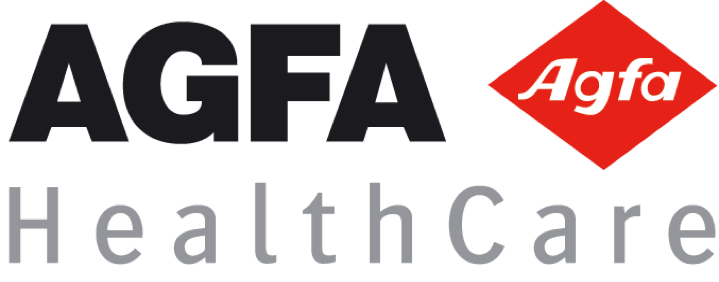AGFA Update
 Tackling the problem of Hanging Protocol Inconsistency
Tackling the problem of Hanging Protocol Inconsistency
At an Agfa/UMass executive meeting held in early May, radiology representatives expressed frustration with the inconsistency of the hanging protocols within the Agfa Enterprise Imaging solution.
To address this, Agfa arranged for a remote WebEx “training” session for a physician champion from each specialty. In total, 10 sessions were held throughout July and August. The objective of these sessions was to improve the hanging protocol experience by immediately assisting each physician champion in making small changes to their HPs to improve consistency of selection and ease of use (less dragging of images from the sidebar after the study is initially hung). While some issues remain for a couple of specialties, for the most part users are satisfied with their HPs.
As follow-up to the remote sessions, during the week of Oct 1st, Agfa workflow and applications specialists will be on site visiting reading rooms for all specialties to address any remaining HP concerns as well as any other questions radiologists might have with the application.
Studies missing body part, affecting relevant prior accuracy
When many of the studies were migrated from the legacy PACS to the Agfa Enterprise Imaging solution, the related procedure code mappings with body part were not in place. As a result, these studies did not have an associated body part and were not being pre-fetched or recognized as a relevant prior. Working with the UMass Agfa IS team, 1.9 million studies were updated with the body part. Radiologists should see improvements in relevant prior selection especially for procedure codes CTAP1, LXR1914, and LCT9710.
Carewell Integration
The Carewell integration project is complete and will go live on Monday, October 1st. Carewell images will now appear within normal Agfa workflow. They will be dictated with PowerScribe and copies of results will be sent to Carewell and Agfa.
Migration of Legacy Studies
The GE Data Migration continues. As of 09/25, 80% of the legacy studies have been migrated which represents studies back to 2013. The expected completion of the migration is early-mid November.




